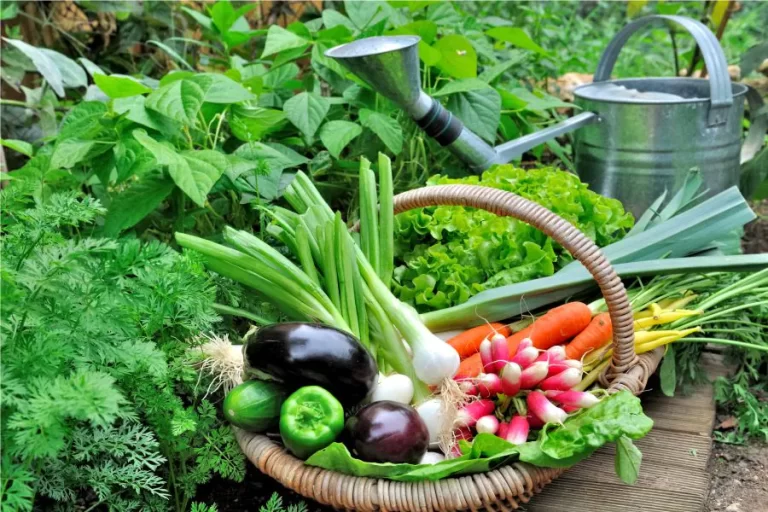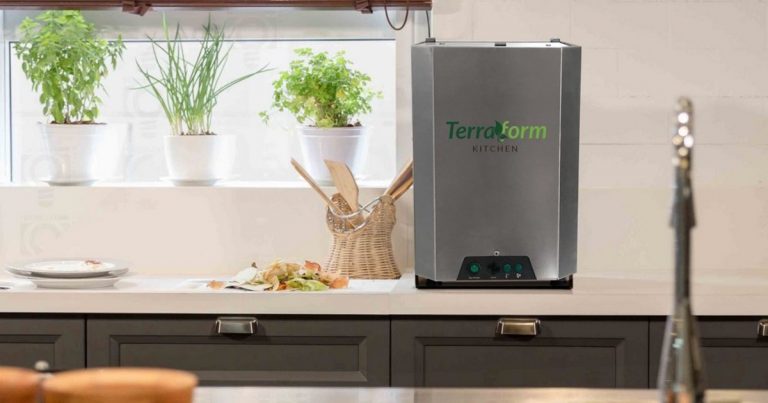Composting is an essential practice for transforming organic waste into valuable fertilizer, making a significant contribution to the environment. In this post, we will explore the crucial role of microorganisms in composting, and how they help create rich, fertile soil.

The Importance of Microorganisms in Composting
Microorganisms are the unseen heroes of the composting process. They break down organic matter, making it available to plants, and play a vital role in the soil’s nutrient cycle. Without these tiny organisms, the composting process would not be possible.
What are Microorganisms?
Microorganisms are microscopic organisms, such as bacteria and fungi, that live in soil and other surfaces. In composting, they break down organic matter, such as food scraps and dried leaves, into simpler substances. This process releases essential nutrients that enrich the soil and help maintain plant health.
How Microorganisms Transform Soil
Contrary to what many people think, soil is not just earth. It is a complex ecosystem that has evolved over millions of years. In the beginning, the planet was covered by rocks and water, and soil began to form over time due to the action of microorganisms.
Soil Formation
Originally, soil formation involved the breaking down of rocks by wind and water. Over time, microorganisms began to break down these rocks, adding organic matter to the soil. This process transformed sand and clay into a richer, more fertile medium. Every inch of soil we see today took centuries to form.
The Role of Microorganisms in Agriculture
Microorganisms play a crucial role in agriculture by helping to create healthy, fertile soil. They help break down organic matter, improve soil structure, and release essential nutrients for plants.
Benefits of Microorganisms for Plants
- Decomposition of Organic Matter: Microorganisms break down plant and animal remains, releasing nutrients such as phosphorus and potassium.
- Humus Production: They help create humus, which is a rich substance that improves soil texture and retains water.
- Nitrogen Fixation: Certain bacteria take nitrogen from the air and make it available to plants, helping to promote healthy growth.
The Role of “Mulche” in Composting
For microorganisms to work effectively, it is essential to have organic matter available in the soil. This is often done by applying “mulch,” a layer of organic material that covers the soil.
What is Mulch?
Mulch is a layer of organic material, such as dried leaves, grass clippings, or straw, that is placed on top of the soil. This material provides a continuous food source for microorganisms and helps maintain soil moisture, reducing the need for frequent watering.
How to Maintain Healthy Soil with Compost
To ensure that the composting process is efficient and that the soil remains fertile, it is important to follow some best practices.
Tips for Efficient Composting
- Diversify Materials: Include a variety of organic materials, such as food scraps, dried leaves, and grass clippings.
- Keep It Moist: Compost should be moist, but not soggy. Moisture helps microorganisms grow and break down organic matter.
- Turn the Compost: Stirring the compost regularly helps to aerate it and speeds up the decomposition process.
The Importance for the Environment
Composting is more than just a way to dispose of organic waste. It’s a practice that contributes to soil health, promotes sustainability, and helps keep the environment in balance. By understanding the role of microorganisms and adopting good composting practices, you can turn waste into a valuable resource that benefits your garden and the planet.
Check out other interesting facts about recycling clicking here.
Learn how to make art by recycling, Click here.




Hi Ricardo, I came across your article because I'm looking for an answer and solution for something that keeps happening in my compost, which are the larvae that appear in the middle of my compost, probably due to flies, I made a biodecomposer for the waste, fruit and vegetable peels, coffee grounds, and I put straw in it so it doesn't create too much leachate, nor does it create leachate, because when it fills up I go to my wooden compost bin with spaces between for air circulation, and it's covered with tiles so when it rains it doesn't get soaked, and I dump the material, and I always cover it well with manure, soil and straw, I always cover it very well, 5 days go by when I go there to stir it there are larvae, my question is: but what do you mean?? How did they appear, and is there a problem with that? For my health, because I've read an article that these larvae die over time and end up turning into compost, but each load of waste that I put in takes a few days and even though I cover it well and do this whole process correctly so that this doesn't happen, they always appear, can you please clear up my doubt and my concern about this, please? In fact, I have more concerns about this, I await your response, I'm Samuel from RJ, I'm 25 years old, thank you!
Samuel, question answered here: http://setorreciclagem.com.br/compostagem/larvas-na-compostagem/